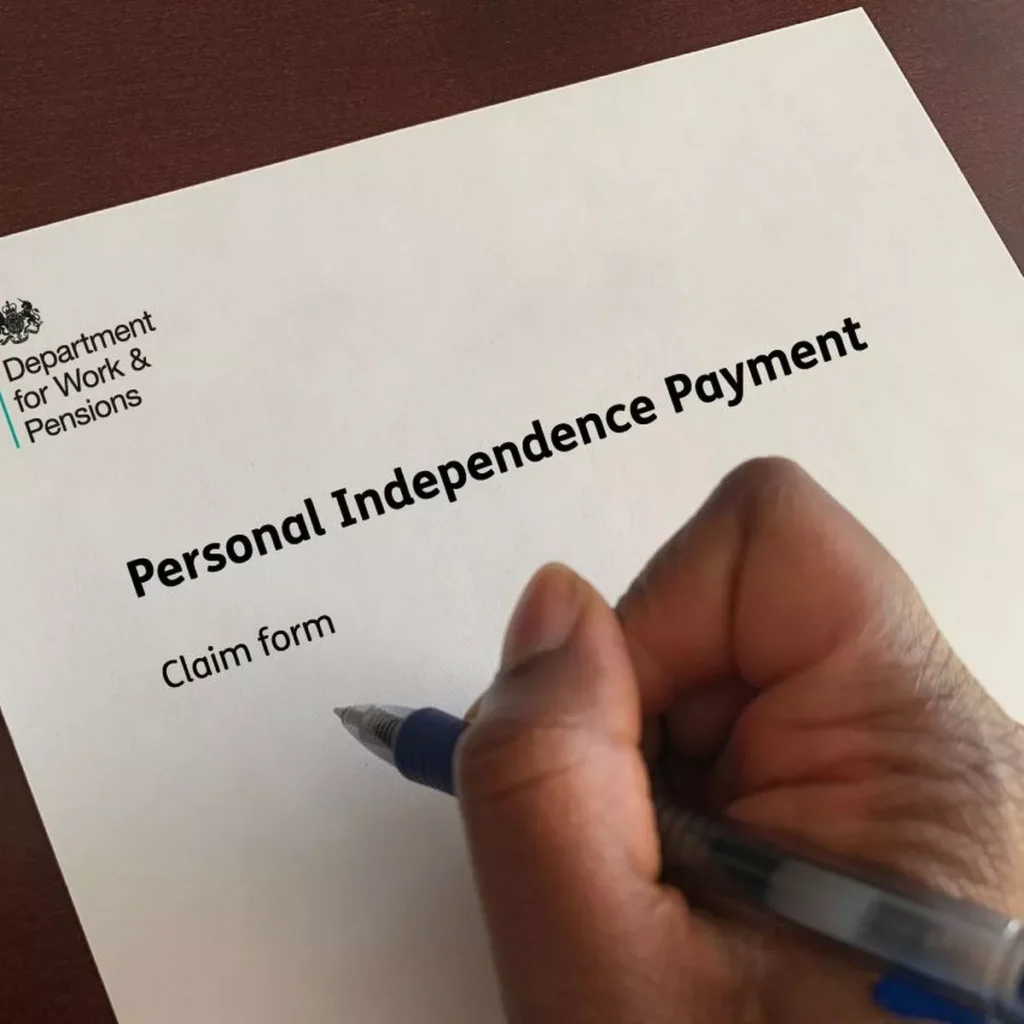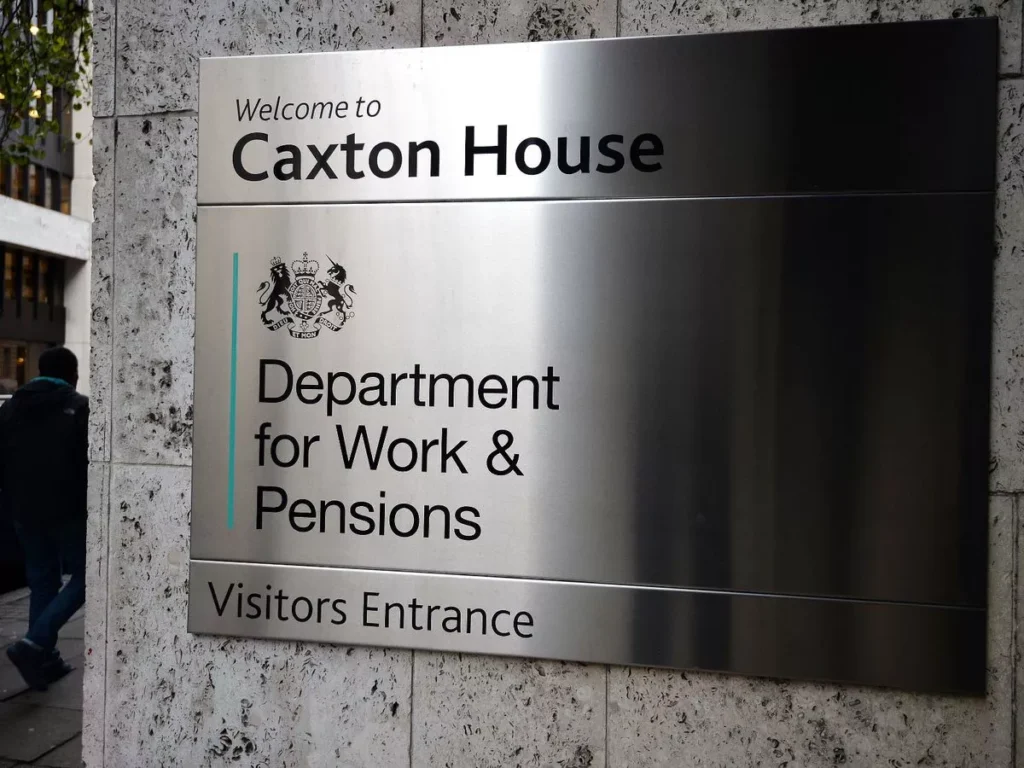Introduction
In a significant development, the Department for Work and Pensions (DWP) has announced a substantial reduction in the processing time for Personal Independence Payment (PIP) claims. This update comes as a response to the surge in applications and queries about the efficiency of the process.

Understanding the Shift
1. Background Check: DWP’s Initial Challenge
The DWP faced a challenge with PIP processing times, with reports from August 2021 indicating a lengthy 26-week period. This prompted concerns and queries from various quarters, leading to a proactive response from the department.
2. Labour MP’s Inquiry Sparks Action
Labour MP Justin Madders raised the issue, seeking clarification on the measures being taken to address the growing number of PIP applications. This inquiry played a pivotal role in initiating positive changes.
DWP’s Response and Results
3. Minister’s Assurance: Commitment to Efficiency
DWP Minister Mims Davies reassured stakeholders, emphasizing the department’s commitment to efficient processing despite the surge in new claims. This commitment laid the foundation for the subsequent improvements.
4. Acceleration in Processing: Noteworthy Statistics
Recent statistics indicate a remarkable reduction in the average end-to-end processing time, dropping from 26 weeks in August 2021 to an impressive 15 weeks by the end of October. This acceleration showcases the department’s dedication to enhancing efficiency.
Addressing Stakeholder Concerns

5. Stakeholder Relief: Positive Impact on Applicants
The reduced processing time is a relief for stakeholders, including applicants and advocacy groups. This positive shift addresses concerns and ensures timely support for individuals dependent on PIP.
Additional Support Measures
6. Beyond Processing: DWP’s Holistic Approach
In parallel with the reduction in processing times, the DWP has announced additional measures to support claimants. This includes extra Universal Credit to prevent income drops and a deadline warning about a £150 electricity bill discount, demonstrating the department’s commitment to comprehensive assistance.
Adaptation to Evolving Circumstances
7. Dynamic Changes: DWP’s Ongoing Adaptation
As circumstances evolve, the DWP continues to adapt and communicate effectively. These updates reflect the department’s dedicated approach to streamlining processes and providing crucial financial assistance to those in need.
Conclusion
In conclusion, the DWP’s remarkable reduction in PIP processing time is a testament to its resilience and commitment to community well-being. The positive shift not only addresses immediate concerns but also showcases the department’s adaptability in navigating challenges.
Frequently Asked Questions (FAQs)
Q1: How much has the processing time for PIP claims been reduced?
A: The processing time has seen a notable reduction from 26 weeks in August 2021 to an impressive 15 weeks by the end of October.
Q2: What prompted the DWP to address the PIP processing time issue?
A: Labour MP Justin Madders raised concerns, leading to increased scrutiny and subsequent positive changes.
Q3: How is the DWP supporting claimants beyond processing time improvements?
A: The DWP has announced additional measures, including extra Universal Credit to prevent income drops and a deadline warning about a £150 electricity bill discount.
Q4: How do these changes impact stakeholders, including advocacy groups?
A: The reduced processing time is a relief for stakeholders, addressing concerns and ensuring timely support for individuals dependent on PIP.
Q5: What does the reduction in processing time signify for the DWP’s approach?
A: The reduction signifies the department’s dedication to enhancing efficiency and adapting to evolving circumstances.

